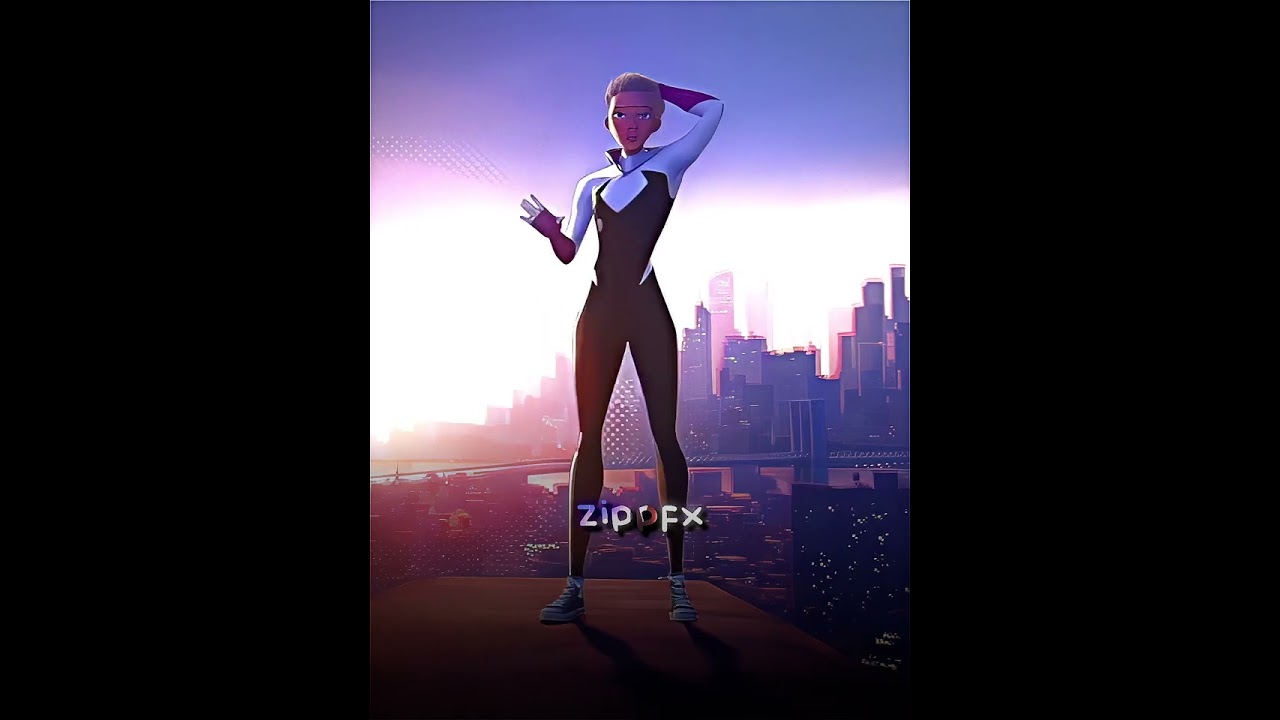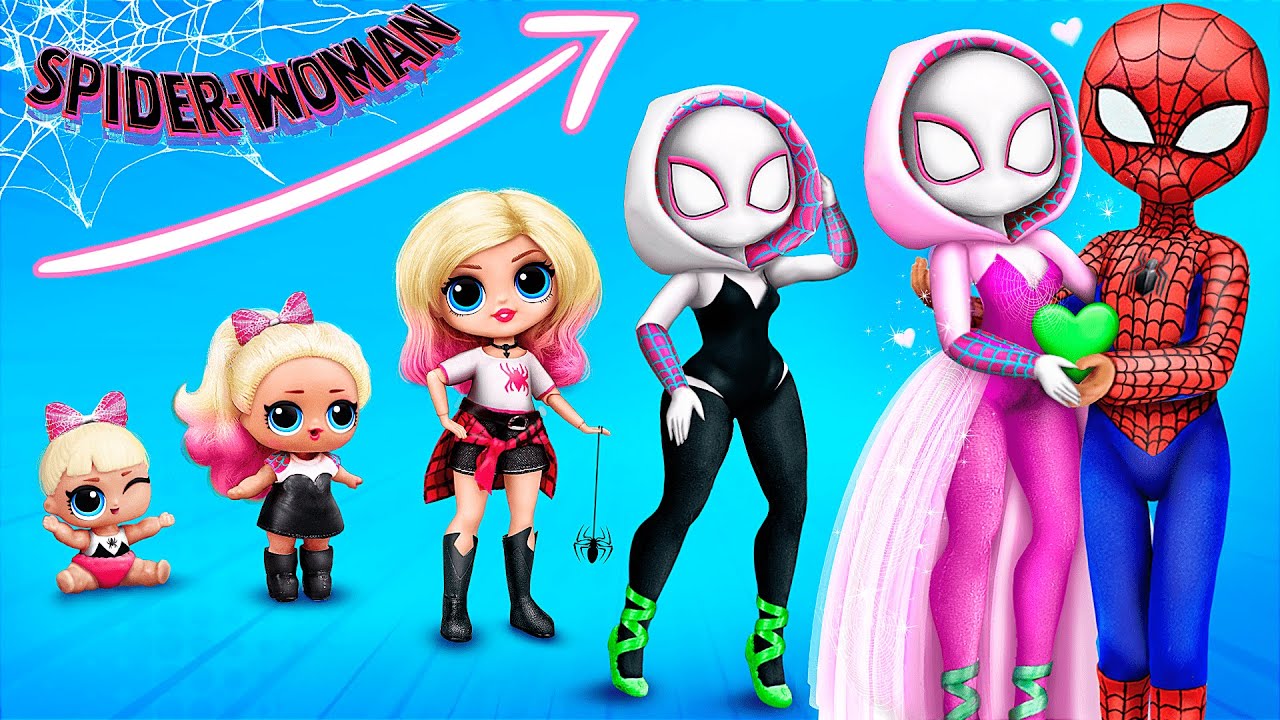Gwen Stacy is not just a name in the annals of comic book history; she leaps off the pages of “The Amazing Spider-Man” with a legacy that has influenced the superhero genre in profound ways. Since her debut in The Amazing Spider-Man #31 back in 1965, crafted by the renowned Stan Lee and Steve Ditko, Gwen Stacy has been more than just Peter Parker’s love interest. Her evolution reveals layers of complexity and moral dilemmas that go beyond typical superhero narratives, carving her out as a pivotal figure in the broader comic universe. This article takes a deep dive into Gwen Stacy’s multifaceted role, exploring her impact on character development, the exploration of grief and empowerment, and her representation in various media.
Understanding Gwen Stacy’s Role in the Spider-Man Universe
Initially, Gwen Stacy emerged as a sweet and caring character in Spider-Man’s world. However, as her story unfolded, she became intertwined with emotional depth and moral complexity. Gwen was born into a legacy marked by duty; her father, NYPD Captain George Stacy, instilled in her a strong sense of responsibility. She represented the kind of person who, while quick to share a laugh, understood the stakes that came with being involved with a superhero like Peter Parker.
Through her highs and lows, Gwen has come to symbolize the challenges faced by women in a male-dominated world. Marvel’s Gwen Stacy Syndrome, where many love interests of male superheroes meet tragic fates, emerged partly from her infamous death in “The Night Gwen Stacy Died.” This event forever changed how narratives portray love and loss. It catalyzed a shift not just for Spider-Man, but for the entire superhero genre, driving home the idea that heroes are often defined by their losses.
Moreover, Gwen Stacy’s legacy extends into modern discussions about gender representation. With the advent of Spider-Gwen, she transformed from a generalized love interest into a fully-fledged superhero. This new take on Gwen has challenged traditional narratives and pushed for more inclusive representations of female characters in comics. Gwen showcases a code that resonates with the struggles of modern women, paving the way for discussions about identity and empowerment within the superhero sphere.

Top 7 Ways Gwen Stacy Shaped Spider-Man’s Legacy
Gwen Stacy’s influence on Spider-Man’s world is woven into pivotal story arcs, dynamic character relationships, and significant themes. Here are seven key contributions that highlight her enduring significance:
The romantic relationship between Peter Parker and Gwen Stacy is one of the most heart-wrenching narratives in comic history. Their love encapsulates themes of passion and emotional turmoil that resonate with fans. This tragic love story set a benchmark that later influenced Peter’s relationships with characters like Mary Jane Watson as well as variants from the multiverse, such as Silk and Spider-Gwen.
Gwen’s demise in “The Night Gwen Stacy Died” not only marked a turning point for Spider-Man but also illustrated how heroes grapple with grief and responsibility. The emotional repercussions of her death echo throughout many adaptations, from animated series to films like “Spider-Man: Into the Spider-Verse,” reflecting how loss is woven into the hero’s journey.
The “Spider-Gwen” variant of Gwen Stacy has emerged as a powerful figure, tackling critical issues like sexual violence and grief. This reimagined character challenges the conventional roles of women in comics, illustrating contemporary struggles that many face today and inspiring new female superheroes like Kamala Khan and Wonder Woman. Barry Corbin, known for his work in various animated series, emphasized the dynamics through his portrayal of characters like J. Jonah Jameson, enriching Gwen’s story significantly.
Gwen Stacy’s representation across films, merchandise, and animated series showcases her transformation from a side character to a cultural icon. Emma Stone’s portrayal of Gwen in “The Amazing Spider-Man” films brought a fresh take that resonated with modern audiences, shaping her into a lasting figure in cinema’s superhero landscape.
The introduction of Spider-Gwen into Marvel’s multiverse revitalized her character and broadened storytelling avenues. Celebrated by critics for her depth, this superhero variant demonstrates how Gwen Stacy’s legacy transcends her original narrative confines, inspiring today’s generation of superheroes while emphasizing the importance of diverse storytelling.
As Gwen evolved into various roles, including her channeling of Spider-Woman and her presence in team comics like “Gwenpool,” she has signified a shift toward gender inclusivity in the comic landscape. Her impact has led to fresh attention for comics featuring female protagonists, such as “Ms. Marvel” and “Birds of Prey.”
Finally, Gwen Stacy stands as a symbol of resilience in the face of adversity. Her evolution reflects broader societal attitudes towards female characters, encapsulating themes of complexity and strength. Recent comics like “Gwen Stacy: The Last Days” tackle her challenges head-on, simultaneously empowering more youthful readers and fostering a sense of hope amidst adversity.
Legacy That Lives On
Gwen Stacy’s influence in Spider-Man’s world goes well beyond her tragic story. She has redefined the superhero narrative and explored vital conclusions surrounding loss, grief, and empowerment. As both a heart-wrenching character and a beacon of strength, Gwen embodies the importance of connection, compassion, and courage within superhero tales. Her evolution mirrors broader cultural themes of love and sacrifice, ultimately enriching the Spider-Man saga while leaving an indelible mark on popular culture.
As she continues inspiring new characters and narratives, Gwen Stacy remains a vital figure worth remembering. Whether it’s her role as a catalyst for changing perceptions about female figures in comics or her continued exploration in media, it’s clear that Gwen’s legacy will flourish for generations to come—affirming that even in a universe filled with superheroes, the human experience and emotional connections we share are paramount.
For more on contemporary culture and figures like Gwen Stacy, check out the latest on various topics including gaming and social issues like Adrenochrome. And if you’re looking for entertainment news, don’t miss segments from Jimmy Kimmel live that contribute to the ongoing dialogue about icons in modern storytelling.

Gwen Stacy: A Lasting Influence
The Heart of Spider-Man’s Story
Gwen Stacy’s role in Spider-Man lore is nothing short of iconic, shaping Peter Parker’s life and the superhero universe around him. Introduced in The Amazing Spider-Man #31, she quickly became more than just a love interest; her character embodies themes of love, loss, and resilience. Many fans don’t realize that Gwen’s character was initially created during a time when female characters often had limited agency, yet her evolution paved the way for more dynamic portrayals, influencing generations of storytellers. In a way, her significance echoes the complexity of real-life situations, similar to issues explored in discussions about psychopath Symptoms, reminding us how important emotional intelligence is in both fiction and reality.
Beyond the Comics
Gwen’s legacy also reaches into pop culture, inspiring various adaptations and interpretations across different media. From her role in animated series to games—like those featured in Game On—the character has transcended her comic-book origins. Interestingly, she’s been portrayed across different Spider-Man universes, showing versatility and depth. Did you know that Spider-Gwen, a version that depicts her as a superhero in her own right, has garnered a massive following? This transformation reflects modern society’s shift towards empowering female characters, urging a more significant representation in media where once it was just a dream.
Moreover, Gwen’s impact isn’t limited to storytelling. Fans have latched onto her character as an emblem of empowerment, mirroring how athletes like Juan Soto are celebrated for their excellence on the baseball field. Just as fans of Soto scrutinize his Juan Soto contract, they engage in discussions that enhance their understanding of the individual behind the game—showing how fandom works beyond mere admiration. Similarly, the fascination surrounding Gwen Stacy encourages discussions around gender roles and relationship dynamics within superhero narratives.
A Character That Endures
As we consider Gwen Stacy’s influence, we can’t overlook the collaboration between different creative minds that have brought her to life. From her first appearance to her pivotal roles in recent films, like those shared by the cast of St. Denis Medical, she remains a beloved figure among fans. This shared passion reflects how collaborative efforts can spawn unexpected greatness, much like the interconnections seen in the Playstation Network down occurrences, where players unite during outages, showcasing their shared interests.
In every iteration, Gwen Stacy remains a beacon of strength, embodying themes of sacrifice and bravery. Her journey reminds us of the power of storytelling to reflect real-life challenges and the importance of supporting characters who resonate with audience members deeply. As her legacy continues to grow, one thing’s clear: Gwen Stacy is more than just a name; she’s a cultural phenomenon.







